Tumor Biology and Research Lab
Living biosamples for translational tumor biology research
Introducing the
research department
The Tumor Biology and Research Lab integrates biosample collection and preservation with translational research. Special attention is paid to cultivating the patient’s own tissue as organoids under S2 laboratory conditions in order to use these miniaturized 3D cell models for cancer research and the development of personalized cancer therapy.
Together with other systematically collected biosamples from the patient, the “living biobank” established in this way opens up a new approach to research: using modern methods such as longitudinal light sheet microscopy and molecular biological analysis, we are improving our understanding of the development and treatment of cancer. The aim is to develop individually tailored therapy strategies that increase effectiveness and tolerability and minimize the occurrence of recurrences.
Research Team
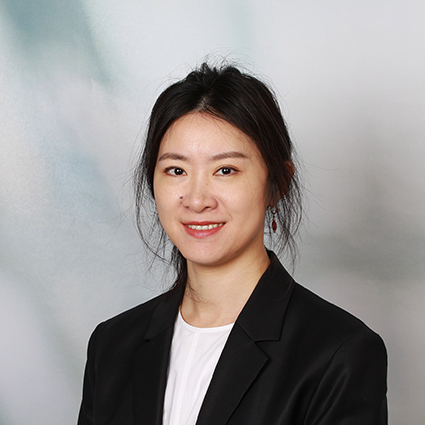
Dr. rer. nat. Chaolie Huang
Research Associate
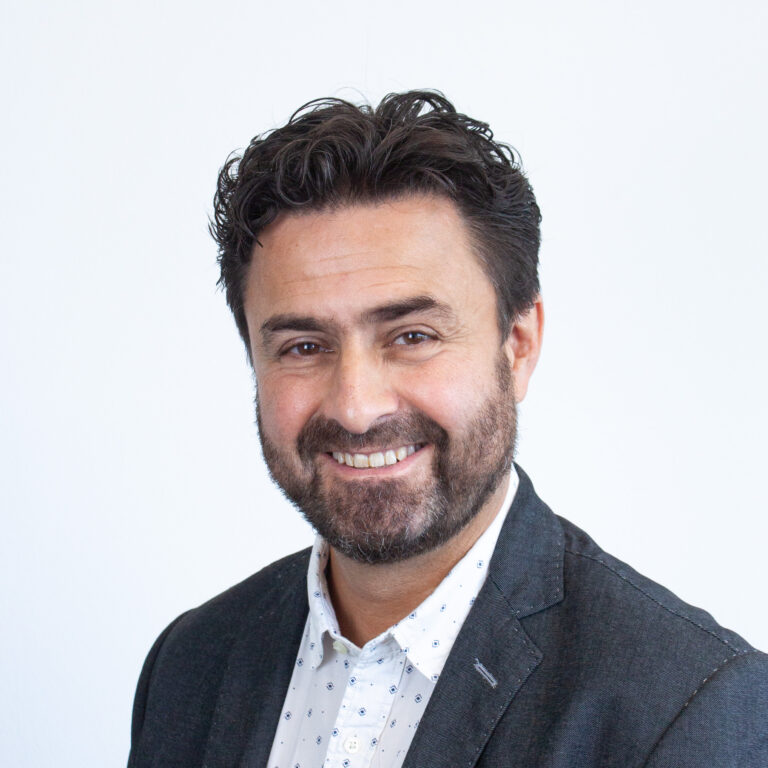
Dr. rer. nat. Martin Jechlinger
Senior Scientist
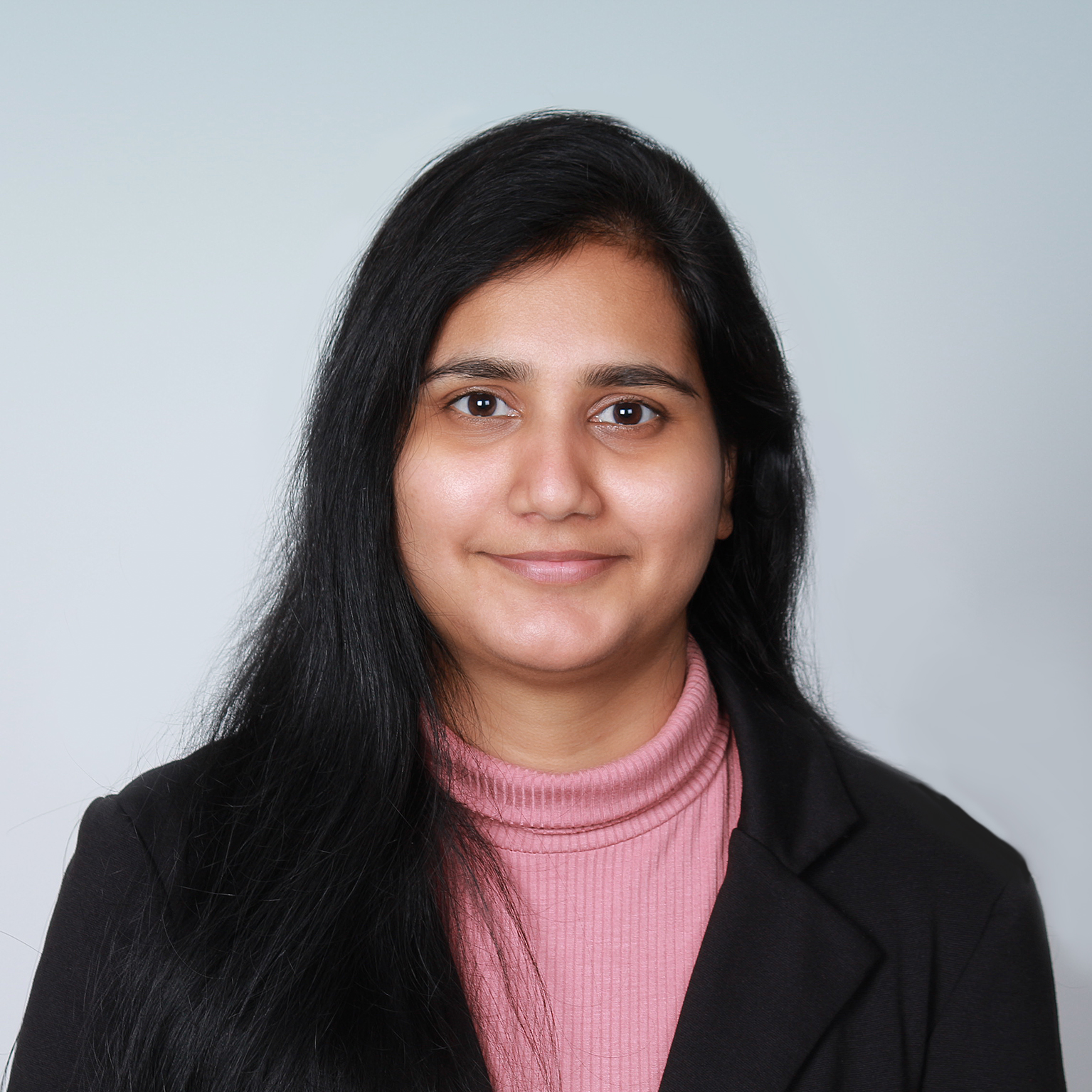
Praveena Kothapalli
Lab technician
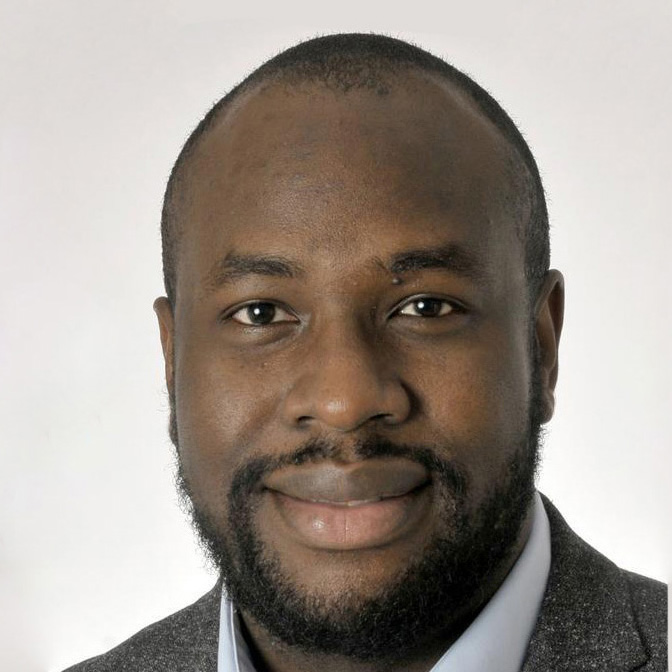
Philip Mbonu
Lab technician

Muthu Kumaran Umapathy
Lab technician
Publications
Corrent Publications
from 2025
“Structural variant and nucleosome occupancy dynamics postchemotherapy in a HER2+breast cancer organoid model”
Starostecka M, Jeong H, Hasenfeld P, Benito-Garagorri E, Christiansen T, Stober Brasseur C, Gomes Queiroz M, Garcia Montero M, Jechlinger M, Korbel JO. (2025)
Services
A broad range of patient-specific samples and
functional assays for translational research
The following services are under development:
We will offer a catalog of high-quality biological samples stratified by a variety of molecular and patient-specific metadata, furthermore our functional assays can be made available for deeper insights into the molecular mechanisms of tumor biology.
More information to follow.
Current projects from Tumor Biology & Research Lab
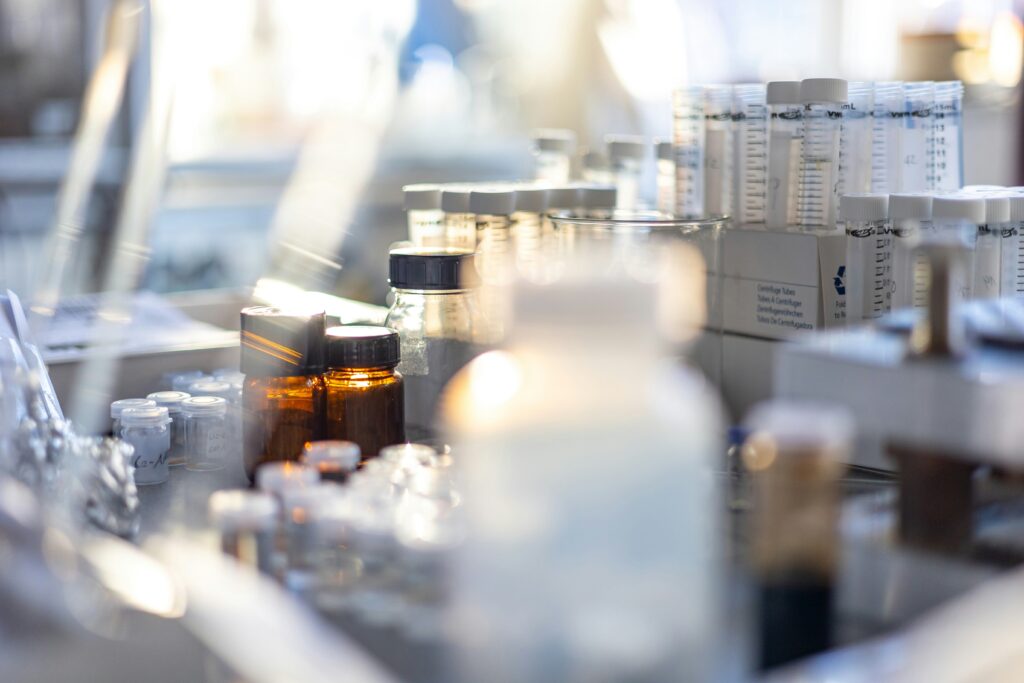
Minimal residual disease (MRD)
In our research, we investigate the molecular patterns of resistant cell clones in order to identify the causes of this resistance – a crucial step for long-term therapeutic success.

Longitudinales imaging for organoids
Longitudinal live cell imaging enables the tracking of individual cells in 3D structures/organoids and provides insights into cell behavior, clonal dynamics and therapy responses.
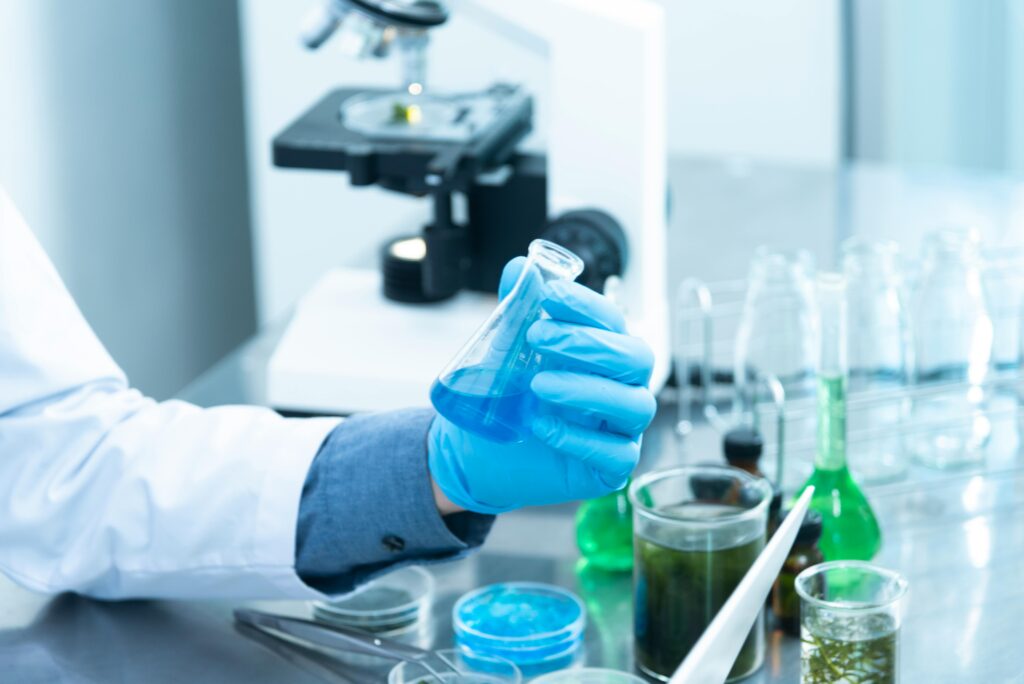
German GASTrointestinal CanceR RegistrY (GASTRY)
The GASTRY study is a study to record clinical, biological and quality of life parameters in patients with advanced or metastatic gastrointestinal tumors.

MiTi-SECC study
The MiTi-SECC research project investigates the role of the intestinal microbiome on the course of disease and treatment success of colorectal cancer.